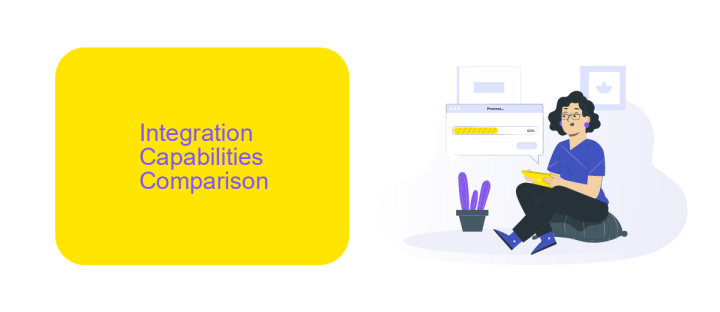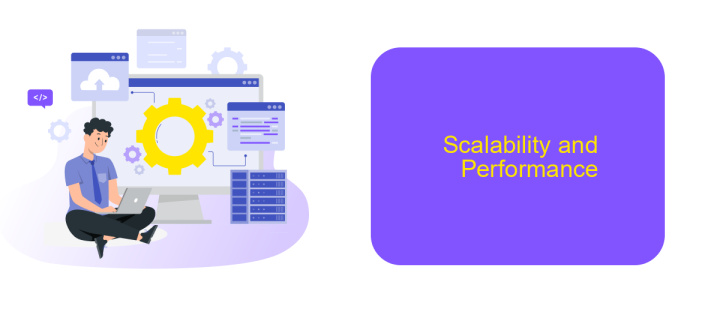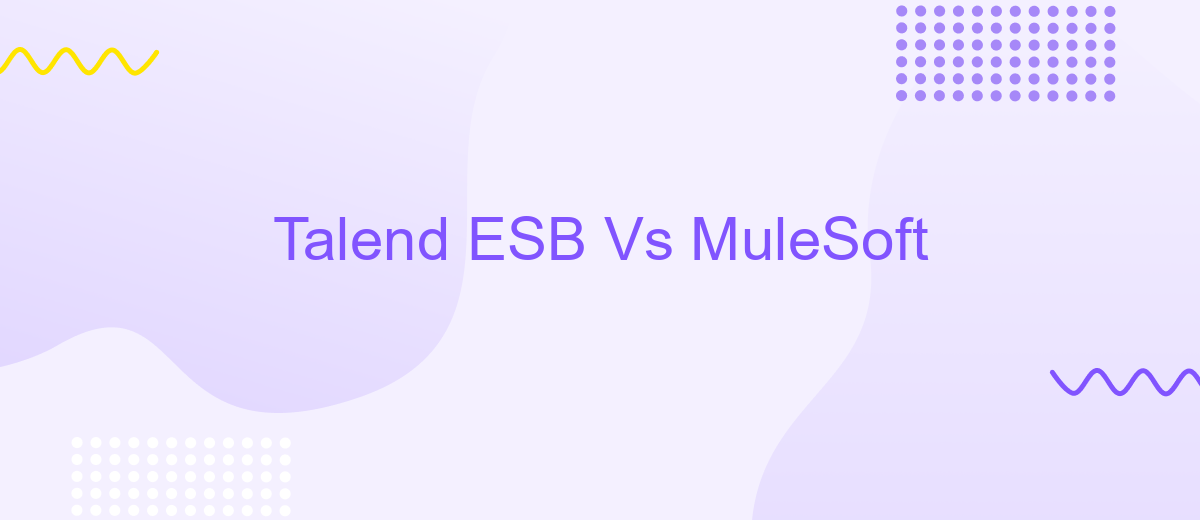Talend ESB Vs MuleSoft
When it comes to enterprise service buses (ESBs), Talend and MuleSoft stand out as two of the most prominent solutions available. Both offer robust integration capabilities, but they differ in features, usability, and overall value. This article delves into a detailed comparison of Talend ESB and MuleSoft, helping you decide which platform best suits your organization's needs.
Introducing Talend ESB and MuleSoft
Talend ESB and MuleSoft are two leading tools in the enterprise service bus (ESB) market, designed to simplify the integration of various applications and services. Both platforms offer robust features that cater to the needs of modern businesses, enabling seamless data flow and communication between disparate systems.
- Talend ESB: Known for its open-source nature, Talend ESB provides extensive data integration capabilities, real-time event monitoring, and a user-friendly interface.
- MuleSoft: MuleSoft's Anypoint Platform is renowned for its API-led connectivity, allowing businesses to design, build, and manage APIs and integrations with ease.
Both Talend ESB and MuleSoft support a wide range of integration scenarios, from on-premises to cloud-based environments. For businesses looking to streamline their integration processes, tools like ApiX-Drive can complement these platforms by offering automated workflows and simplified connection setups, ensuring efficient and effective data management across various systems.
Integration Capabilities Comparison

When comparing Talend ESB and MuleSoft in terms of integration capabilities, both platforms offer robust solutions for connecting diverse systems and applications. Talend ESB excels with its open-source approach, providing flexibility and extensive customization options. It supports a wide range of connectors and components, making it suitable for complex integration scenarios. Additionally, Talend's graphical interface simplifies the design and deployment of integration flows, enabling users to build data pipelines efficiently.
On the other hand, MuleSoft stands out with its comprehensive Anypoint Platform, which integrates APIs, applications, and data seamlessly. MuleSoft's API-led connectivity approach ensures scalability and reusability of integration assets. The platform offers a rich set of pre-built connectors and templates, reducing the time and effort required for integration projects. Moreover, services like ApiX-Drive can complement these platforms by providing additional automation and integration capabilities, further enhancing the efficiency and effectiveness of integration processes.
Deployment and Management

When it comes to deployment and management, both Talend ESB and MuleSoft offer robust solutions tailored to enterprise needs. Talend ESB provides a seamless deployment process with its Talend Administration Center, which facilitates the management of jobs, services, and routes. MuleSoft, on the other hand, leverages its Anypoint Platform for comprehensive deployment and management, offering features like CloudHub and Runtime Manager for efficient handling of applications and APIs.
- Talend ESB utilizes Talend Administration Center for job scheduling, monitoring, and execution.
- MuleSoft uses Anypoint Platform's CloudHub and Runtime Manager for deploying and managing integrations in the cloud and on-premises.
- Both platforms support continuous integration and continuous deployment (CI/CD) pipelines to streamline the deployment process.
Additionally, services like ApiX-Drive can be integrated to further enhance the management of integrations by automating data flows between various applications, thus reducing manual effort and increasing efficiency. Whether you choose Talend ESB or MuleSoft, both platforms provide comprehensive tools to ensure smooth deployment and effective management of your enterprise integrations.
Scalability and Performance

When evaluating scalability and performance, both Talend ESB and MuleSoft offer robust solutions, but they cater to different needs. Talend ESB is known for its flexibility and the ability to handle complex data integration tasks. It can scale horizontally by adding more nodes to the cluster, ensuring that performance remains high even as data volumes grow.
On the other hand, MuleSoft provides a highly scalable architecture that supports both on-premise and cloud deployments. It uses a microservices approach, which allows individual services to scale independently, leading to optimized resource utilization and enhanced performance.
- Talend ESB: Horizontal scalability, flexible data integration, open-source options.
- MuleSoft: Microservices architecture, cloud and on-premise support, independent service scaling.
In addition to these platforms, services like ApiX-Drive can further enhance integration scalability and performance. ApiX-Drive offers automated integration solutions that reduce manual effort and ensure seamless data flow between different systems. This can be particularly beneficial for businesses looking to streamline their integration processes without compromising on scalability and performance.
Pricing and Support
When it comes to pricing, Talend ESB offers a subscription-based model with various tiers to cater to different business needs. The pricing can vary depending on the number of users and the specific features required. On the other hand, MuleSoft follows a similar subscription model but is generally considered to be on the higher end of the pricing spectrum. Both platforms offer free trials, allowing businesses to evaluate their capabilities before making a financial commitment.
In terms of support, Talend ESB provides comprehensive customer support, including documentation, community forums, and direct support options. MuleSoft also offers robust support services, including 24/7 customer support, extensive documentation, and a vibrant community. Additionally, businesses looking for seamless integration solutions can leverage services like ApiX-Drive, which simplifies the setup process and provides ongoing support to ensure smooth operations. Both Talend ESB and MuleSoft emphasize strong customer support to help businesses effectively manage their integration needs.
FAQ
What are the key differences between Talend ESB and MuleSoft?
Which platform is easier to use for beginners, Talend ESB or MuleSoft?
How do Talend ESB and MuleSoft handle API management?
Can Talend ESB and MuleSoft be integrated with other automation tools?
Which platform offers better scalability, Talend ESB or MuleSoft?
Apix-Drive is a simple and efficient system connector that will help you automate routine tasks and optimize business processes. You can save time and money, direct these resources to more important purposes. Test ApiX-Drive and make sure that this tool will relieve your employees and after 5 minutes of settings your business will start working faster.

